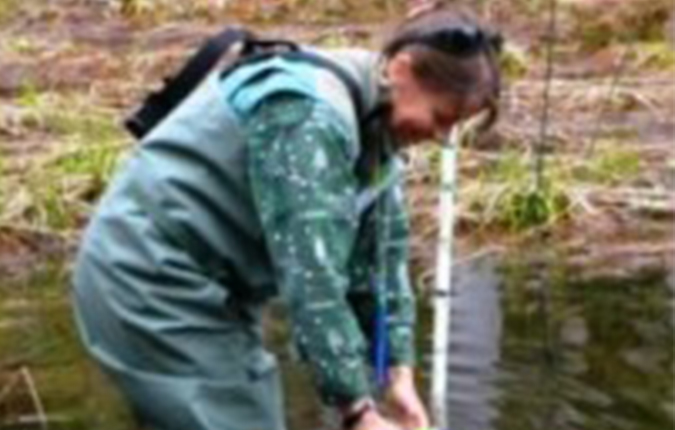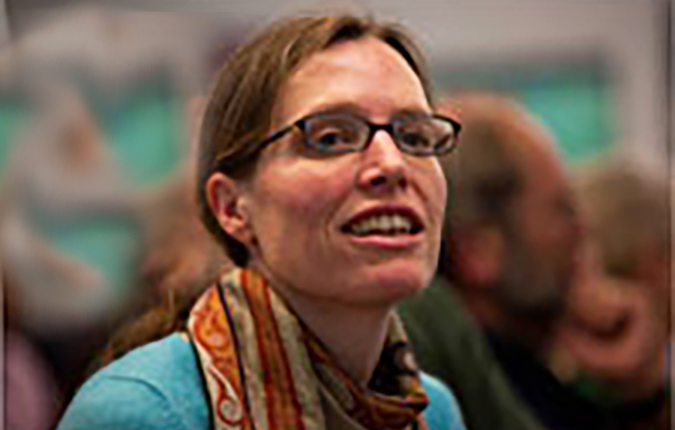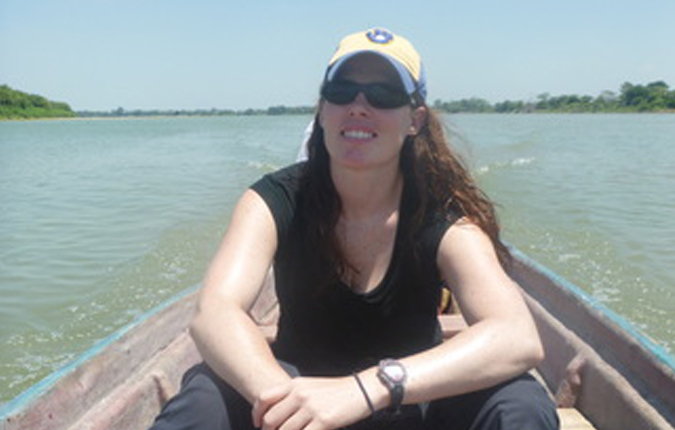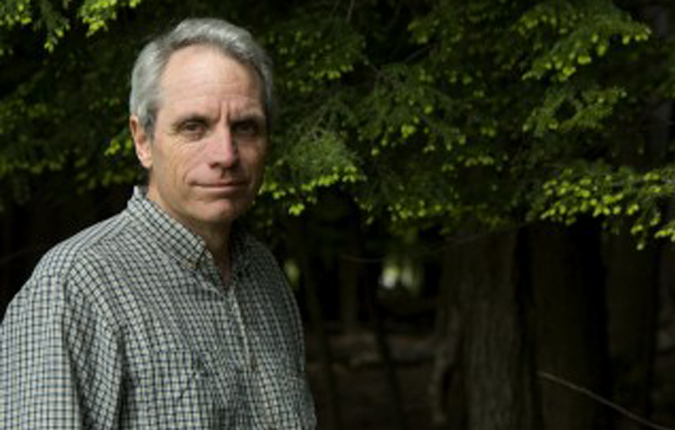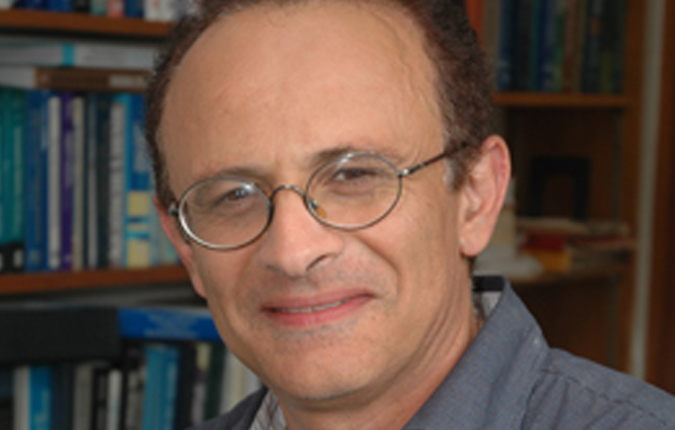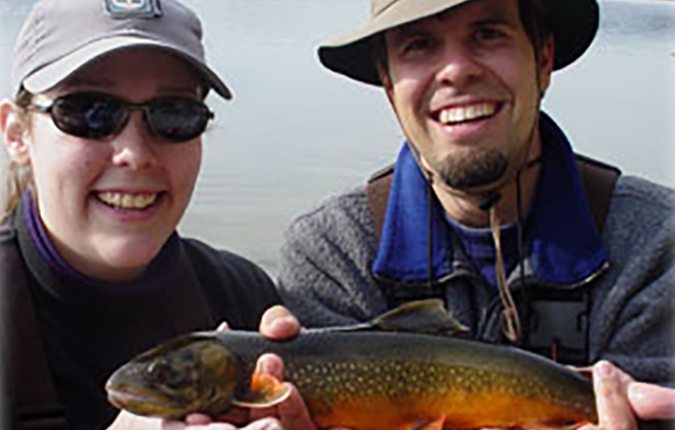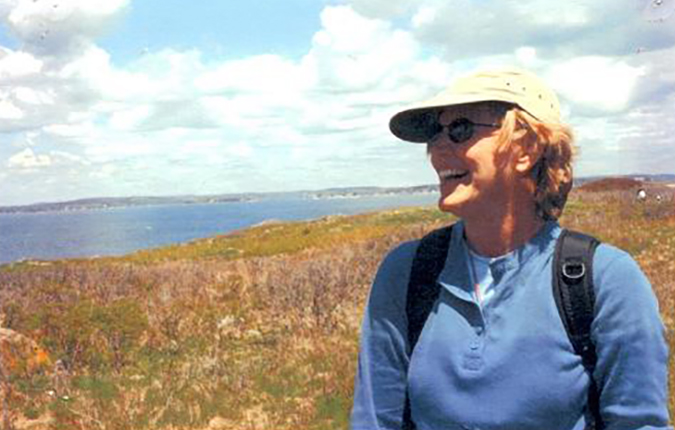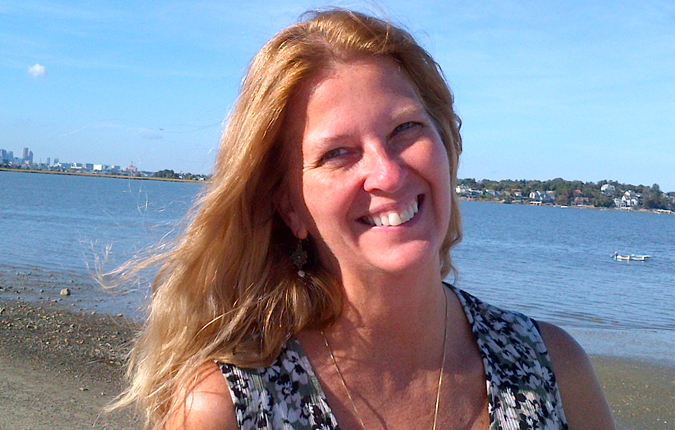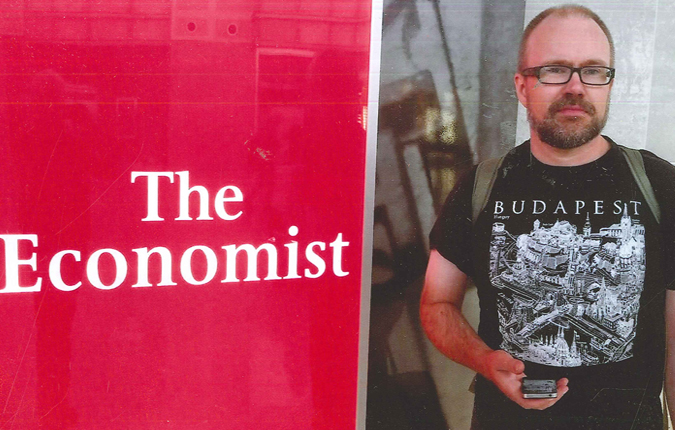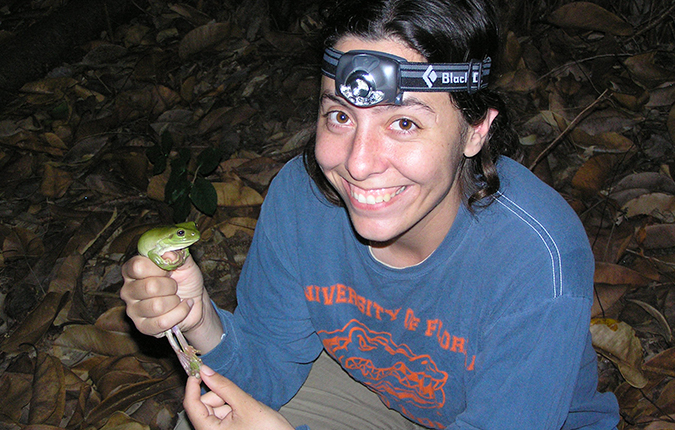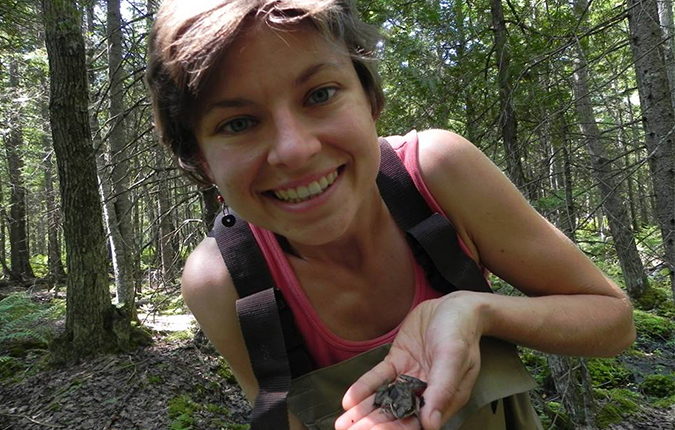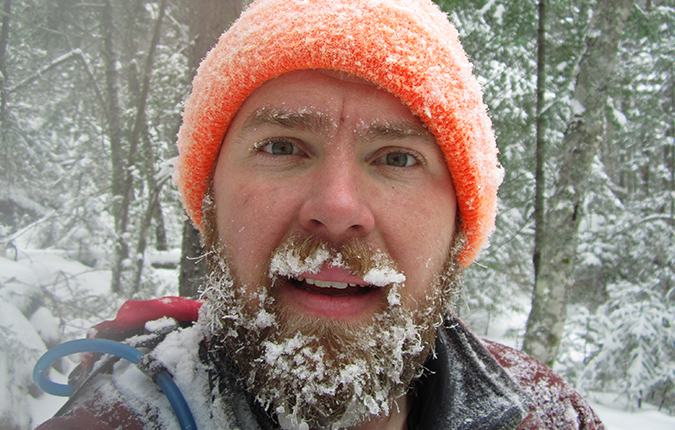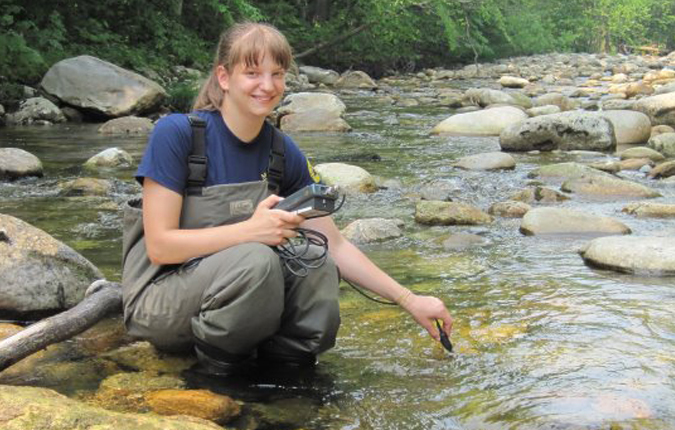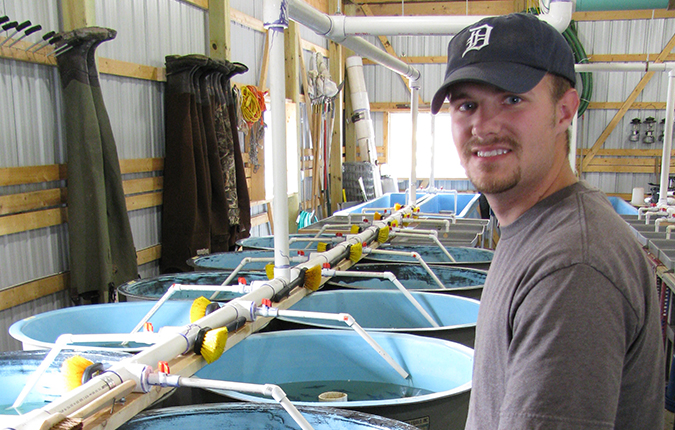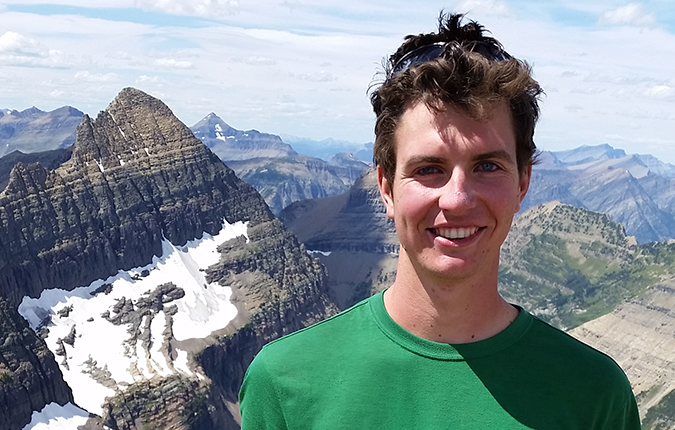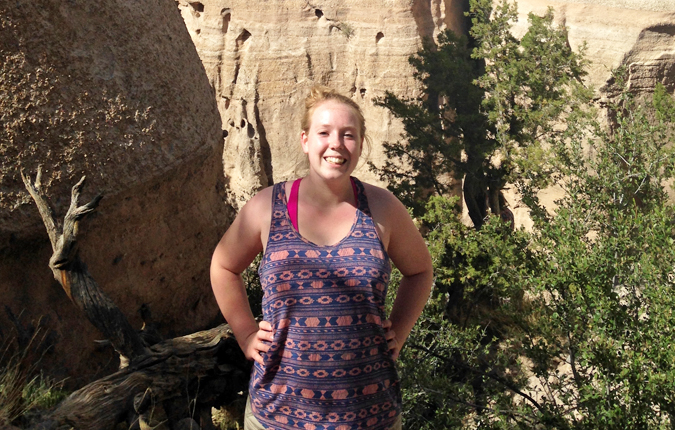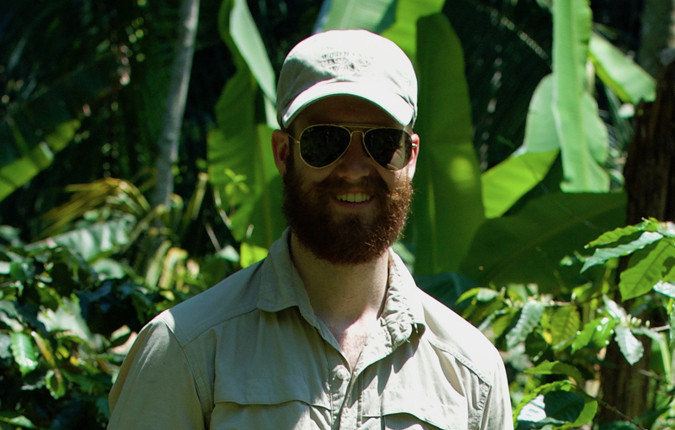
Our Past Research
University of Maine Researchers and colleagues Receive a National Science Foundation Coupled Natural Human Systems Grant
(Orono) Understanding the vital connections between landowner concerns, municipal planning, conservation activities, and the ecology of vernal pools will be the focus of natural and social scientists from the University of Maine, Clark University, and Bowdoin College as they embark on a multi-year research project concerning Maine’s small natural features—vernal pools.
The researchers already have close working relationships with a number of towns in Maine. The trust that exists between communities and researchers will promote opportunities to discover and implement local innovative vernal pool management strategies. Research results from this work will be utilized to inform policy experiments on the ground in Maine. Maine’s results will also be shared with communities throughout New England and Eastern Canada broadening the impact of this exciting research dynamic.
The National Science Foundation’s Coupled Natural and Human Systems (NSF-CNH) Program awarded this four year grant to bring together researchers studying linkages between ecological function, economic implications of resource regulation on private land, conservation strategies, and landowner and municipal decision-making.
Our Past Team
Dr. Calhoun is a Professor of Wetland Ecology at the University of Maine. Her research interests in vernal pool ecology and conservation and wetland ecology. Read More
Associate Professor Kathleen Bell joined the faculty at the University of Maine in 2001, where she conducts research on a variety of environment, public policy, and community economic development topics and teaches economics, public policy, statistics, and geographic information system (GIS) courses. Read More
Dr. Capps is an aquatic community and ecosystem ecologist. She works in both temperate and tropical freshwater systems. She is an Assistant Professor at Odum School of Ecology and Assistant Research Scientist, Savannah River Ecology Laboratory. Read More
Dr. Hunter is a Professor of Wildlife Ecology and Libra Professor of Conservation Biology at the University of Maine. His research experience covers a variety of ecosystems and organisms – birds, amphibians, mammals, reptiles, insects, vascular plants, rivers, lakes, wetlands, grasslands, and more – but his major focus is on forest ecosystems and the maintenance of their biological diversity. Read More
Dr. Amirbahman is a Professor of Civil and Environmental Engineering at the University of Maine. His areas of research interest are aquatic chemistry and contaminant transport, and in particular, the study of speciation and transport of metals and nutrients, and their interactions with mineral surfaces and natural organic matter in natural and engineered systems. Read More
Dr. Kinnison is a Professor of Biological Sciences at the University of Maine. His research includes the evolution and ecology of populations in the wild, or under anthropogenic influences. Most of Dr. Kinnison’s work involves fish populations and evolutionary processes observed over contemporary time scales. Read More
Dr. Loftin is part of the USGS Maine Cooperative Fish and Wildlife Research Unit at the University of Maine. Her research is in aquatic ecology with an emphasis on conservation and restoration of perturbed, freshwater systems. Dr. Loftin’s research program encompasses two concentrations: hydrological influences on aquatic vegetation dynamics and identifying effects of selected human-introduced stressors on Maine’s aquatic systems and their inhabitants. Read More
Dr. Bauer is Assistant Director and Research Scientist of the George Perkins Marsh Institute at Clark University. Her research applies economic and ecological theory towards the assessment of ecosystem services and the analysis of policies and programs that aim to protect them. She uses a variety of empirical data analysis and simulation modeling techniques that integrate ecology and economics to better understand how human behavior influences and is influenced by natural ecosystems. Read More
Dr. Nelson is a Assistant Professor of Economics at Bowdoin College. He has a Ph.D. in Applied Economics with a concentration in Environmental Economics and a minor in Conservation Biology. Read More
Meet Our Past Researchers
Dr. Kris Hoffmann is now a Visiting Assistant Professor of Biology at St. Lawrence University in upstate New York. She teaches courses on conservation biology, statistics, reptiles, amphibians, and domestic dogs. Her undergraduate research students study the behavior reptiles and amphibians using captive animals, GIS, radio telemetry, and a wildlife detector dog.
Dr. Carly Eakin works for U.S. Fish and Wildlife Service Ecological Services in the Michigan Field Office as part of the environmental contaminants section. She works collaboratively to generate the science needed to assess wildlife responses to contaminant remediation and habitat restoration in Great Lakes Areas of Concern. She also coordinates with the Michigan Vernal Pool Partnership to contribute FWS support to vernal pool conservation in Michigan.
Dr. Luke Groff now works for the Vermont Fish and Wildlife Department as their herpetologist. He conducts amphibian and reptile population and disease surveillance surveys, implements amphibian and reptile habitat and population management activities, and works to conserve and recover endangered and threatened amphibians and reptiles. He also coordinates and implements habitat management activities in Wildlife Management Areas to benefit a broad range of species.
Jessica Balukas is currently working as a Senior Economics Analyst as ICF International, Inc. She works primarily on projects for the Environmental Protection Agency’s Office of Water. She also works on projects for local governments, such as a hedonic analysis of flood risk impacts on housing prices in Miami Beach, FL.
Dr. Jared Homola is currently the Assistant Unit Leader of the USGS Wisconsin Cooperative Fishery Research Unit and Director of the Molecular Conservation Genetics Laboratory at the University of Wisconsin-Stevens Point. His lab focuses on using conservation genomics to inform management of fisheries throughout the Great Lakes and Upper Midwest.
Thomas Hastings is a recent graduate from the University of Maine who earned a Bachelor’s degree in Wildlife Ecology. Over the past four years he has worked on many different amphibian research projects in Maine, Arizona, and Montana with varying goals and research interests. He is currently working in the Department of Wildlife, Fisheries and Conservation Biology as a scientific research assistant.
Lydia Kifner is currently working in Massachusetts at Weston & Sampson Engineers, an interdisciplinary design, engineering, and environmental consulting firm. She works as a water engineer on many types of projects involving water resource management, helping communities reduce their water losses (to conserve water resources and funding), climate change resiliency, and utility water system improvements.
Scott Lindemann is currently working as a consulting wildlife biologist in the San Francisco Bay Area in California. He assists clients with a variety of surveys and permitting for special-status species, including the California flavors of the amphibian families that he worked with in Maine. In his free time he enjoys wilderness backpacking, biking, and cooking.
Our work is supported by:

